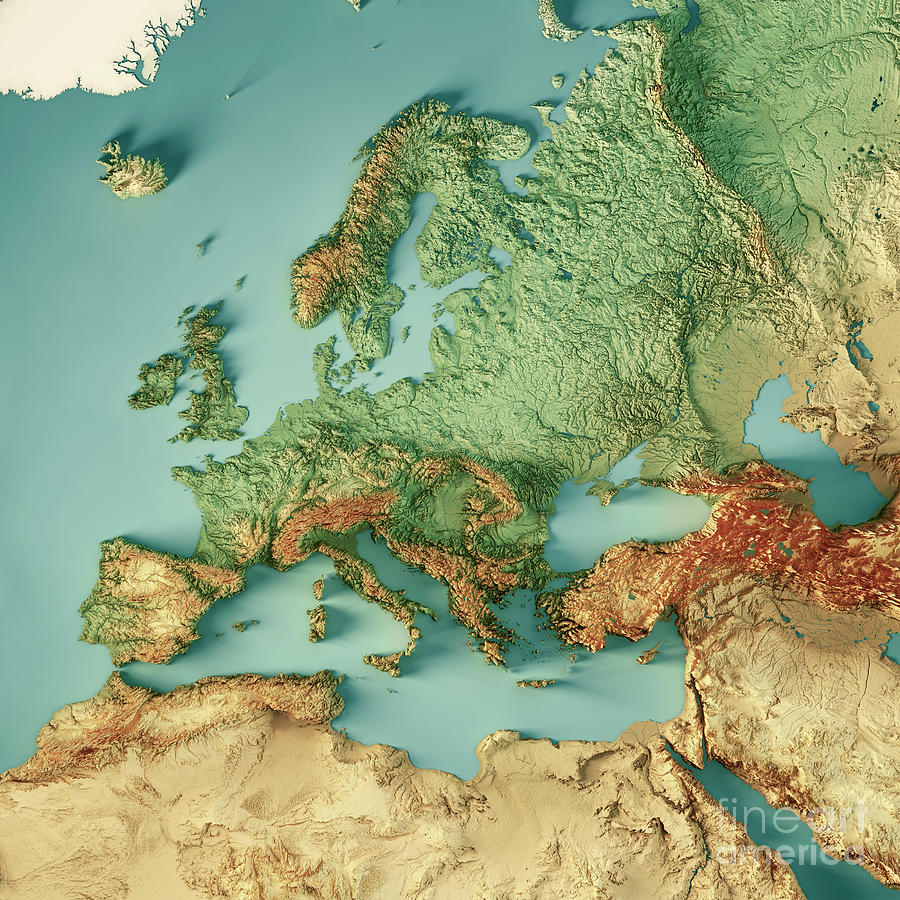

That’s not how it works though.
I actually agree that registration is silly. It’s trivial to create fake email addresses; all it does is present obstacles and slight privacy implications for legitimate users, while forming an incredibly mild speedbump for malicious users. But, it’s probably not going away, every little tool in the toolbox that can be deployed by overworked volunteer admins against the unending tide of malicious users trying to make their lives more difficult is probably going to get deployed if it is easy to do.









Oh, I thought you meant no email address required to make an account.
Just having to register in order to read the feed is probably just for server load reasons, if I had to guess.